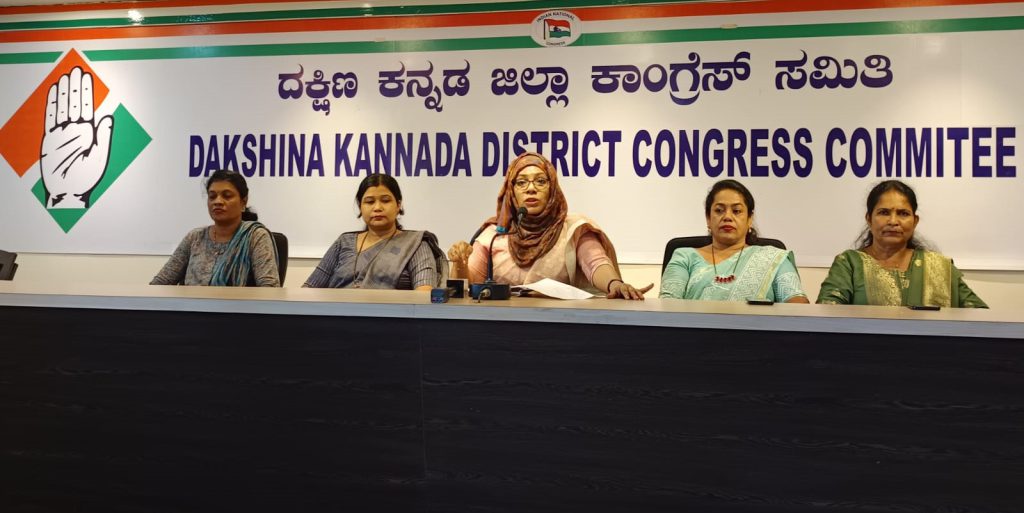Understanding the Difference between Polity and Politics for a Better Society
U T Farzana Ashraf
People in public life should behave constructively and understand the difference between polity and politics. Creating conflicts always and on everything is not at all good for the wellbeing of the larger society like the state of Karnataka. We as a state always presented to be submissive to the centre and our NADAGEETHE (Karnataka State Anthem) very meaningfully narrate the relationship like that of the mother and the daughter. But, many times, many of the political leaders are attempting to create unrest in the state to disrupt the progress.

This is nothing but lack of knowledge about good governance. People at large are suffering because of the negative approach of the leaders who supposed to be the propellers of the prosperity of the people of Karnataka. Many people use the terms “polity” and “politics” as if they mean the same thing. But they are different, and understanding this difference is key to helping to build a better society. The state that had followed family planning guidelines meticulously is at a heavy loss today because of the indifferent approach of the centre with regards to GST.
What is Polity?
Polity is like the foundation or the framework of a government. It is the system that organizes how a country is governed. Think of it as the structure that holds everything in place and ensures that the country runs smoothly and fairly. Simply put, polity is about creating a stable system where everyone’s rights are protected, and the country functions well.
What is Politics?
Politics, on the other hand, is about the people, parties, and groups who compete for power within that system. It is the action of trying to influence how things are run, often with a focus on who gets to make decisions and which ideas or policies should be followed. Leaders from some parties are forgetting they belong to the state of Karnataka and behave as if they are the enemies of the state.
Why Does This Difference Matter?
Understanding the difference between polity and politics can help us become better citizens. It is very relevant today in maintaining the relations between the centre and the states. Centre adopting a squeezing mind-set against states will do harm for the entire national ethos. We should know how to avoid this. Every political party should understand the difference between polity and politics.
- Polity is about the rules that help society work: We should understand the importance of good governance. It’s the stable foundation for long-term growth and justice. It should not be taken lightly, because if the rules or institutions are weak, the whole system can collapse.
- Politics is about the game of power: While politics can bring change, it can also lead to conflicts and divisions. Sometimes, people forget the bigger picture when they are caught up in political fights.
If we want to see real progress in society, it’s important to focus not just on politics but on strengthening the polity. We need to respect our institutions, laws, and the social contract between citizens and the government and between state governments and the central government. This is three dimensional relationship.
Working for the Common Good
It is easy to get discouraged when politics seems divisive, but we should not lose sight of the bigger goal. The purpose of politics should be building a just and fair society. Understanding the difference between polity and politics helps we stay grounded and committed to the common good.
Here’s how you can contribute:
- Get involved in your community: Whether it’s joining local governance, supporting educational programs, or simply being an active citizen, your participation strengthens the system.
- Support reforms that improve the structure of governance: Advocate for better laws, transparency, and accountability in the government.
- Engage in politics with a sense of responsibility: Voting, voicing your opinion, or even running for positions can be powerful ways to bring about change, but it’s important to focus on what is good for everyone.
- Encourage respect for institutions: Institutions are pillars of democracy. They need to be protected and supported to serve the public.
By understanding how polity and politics work together, we can create an environment where debates are constructive, reforms are meaningful, and the government serves its people well. Let’s all work together for the common causes of our state and the people at large, focusing not just on political victories but on building a strong, fair, and functional system that benefits everyone.





